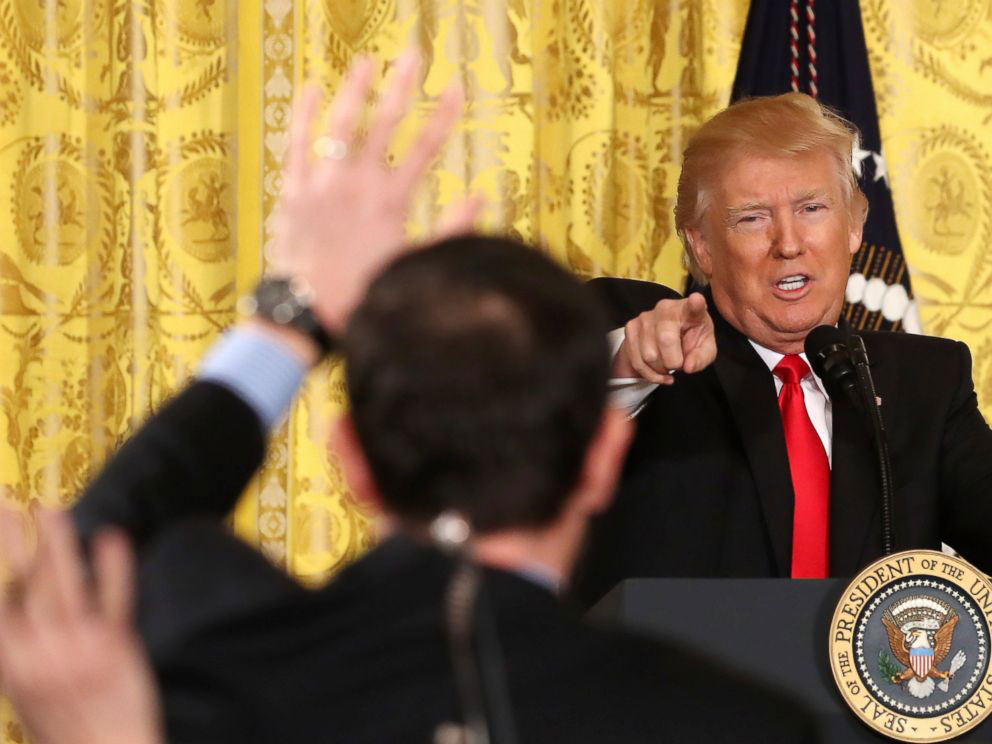The President and the Press
12.7 Characterize the president’s relations with the press and news coverage of the presidency.
Despite all their efforts to lead public opinion, presidents do not directly reach the American people on a day-to-day basis. The mass media provide people with most of what they know about chief executives and their policies. The media also interpret and analyze presidential activities, even the president’s direct appeals to the public. The press is thus the principal intermediary between the president and the public, and relations with the press are an important aspect of the president’s efforts to lead public opinion.53
No matter who is in the White House or who reports on presidential activities, presidents and the press tend to be in conflict. George Washington complained that the “calumnies” against his administration were “outrages of common decency.” Thomas Jefferson once declared that “nothing in a newspaper is to be believed.” Presidents are policy advocates and thus want to control the amount and timing of information about their administration. The press, in contrast, wants all the information that exists without delay. As long as their goals are different, presidents and the media are likely to be adversaries.
Because of the importance of the press to the president, the White House monitors the media closely. The White House also goes to great lengths to encourage the media to project a positive image of the president’s activities and policies. About one-third of the high-level White House staff members are directly involved in media relations and policy of one type or another, and most staff members are involved at some time in trying to influence the media’s portrayal of the president.

Press coverage of the president is pervasive because of the importance of the presidency. At the same time, the press is the primary means by which the president communicates with the public. Here President Trump answers questions from the press at a White House briefing.
The person who most often deals directly with the press is the president’s press secretary, who serves as a conduit of information from the White House to the press. Press secretaries conduct daily press briefings, giving prepared announcements and answering questions. They and their staff also arrange private interviews with White House officials (often done on a background basis, in which the reporter may not attribute remarks to the person being interviewed), photo opportunities, and travel arrangements for reporters when the president leaves Washington.
The best-known direct interaction between the president and the press is the formal presidential press conference. Since the presidency of George H. W. Bush, however, prime-time televised press conferences have become relatively rare events. Presidents often travel around the country to gain television time to spread their messages. Barack Obama favored interviews with individual journalists as a means of reaching the public.